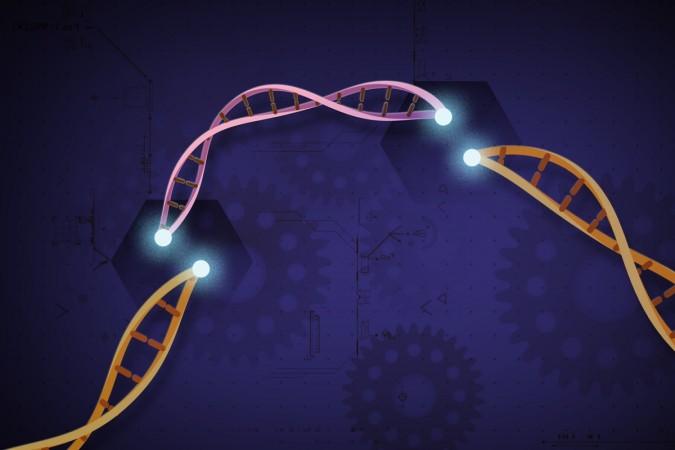
Chinese scientist He Jiankui, who spooked scientific world with the announcement that he created the world's first gene-edited babies, has apologised. But he also underscored that he is proud of his seminal work.
Well, the apology was for the untimely leak of the news. "First, I must apologise. This leaked unexpectedly, taking away from the community before presenting in a scientific venue and without the peer review process engaged before this conference," Jiankui said while speaking at an international conference in Hong Kong on Wednesday.
Gene editing of the human embryo is outlawed in most parts of the world, including China and the US. Jiankui's shock announcement on Monday caused reactions ranging from dismay to utter fright among scientists and moralists alike.
Jiankui said on Monday that the twin sisters he created, named Lulu and Nana, would be resistant to HIV as the embryos were modified with advanced gene editing tools.
The Shenzen scientist who had trained as a researcher in the US, added that seven embryos were altered with powerful tools, resulting in the birth of twin sisters with modified DNA.
Big, bruising truth
The big, bruising truth about science is that if something is technically possible, somewhere, someone will do it. And Jianjui has reasoned that the latest advancement will go a long way in finding cures to dreaded diseases. He said the fathers in all seven couples who participated in the project were HIV positive.
"For this specific case, I feel proud actually. I feel proudest because Mark [the twins' father] thought he had lost hope for life," Jiankui said, according to the South China Morning Post.
He was speaking for the first time after his claim shocked the world. He has faced criticism in his home country even as ethical concerns over gene editing took the centre stage. According to Bloomberg, a senior Chinese government official has said Jiankui's human gene editing project is unlawful.
Separately, Chinese Union of Life Science Societies also said it opposed the violation of the spirit of science and ethics. The umbrella of 22 national-level associations said human gene editing "severely disturbed the order of scientific research and seriously damaged China's international reputation in the life science field."
The Genetics Society of China and the Chinese Society for Cell Biology had also condemned Jiankui's move and asked the government to launch a probe.
China's deputy minister of Science and Technology has said gene-editing was declared illegal in the country as far back as in 2003.









!['Had denied Housefull franchise as they wanted me to wear a bikini': Tia Bajpai on turning down bold scripts [Exclusive]](https://data1.ibtimes.co.in/en/full/806605/had-denied-housefull-franchise-they-wanted-me-wear-bikini-tia-bajpai-turning-down-bold.png?w=220&h=138)



